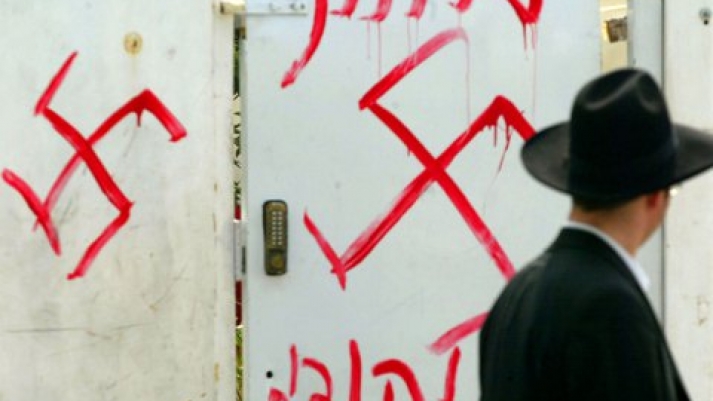This past week, I had the privilege of participating in the first-ever UN General Assembly forum on global anti-Semitism, which, as it happened, took place at a critical historical moment: the eve of the 70th anniversary of the liberation of Auschwitz, the most brutal extermination camp of the 20th century, and site of horrors too terrible to be believed, but not too terrible to have happened.
Of the 1.3 million people who died at Auschwitz, 1.1 million were Jews. Let there be no mistake about it: Jews died at Auschwitz because of anti-Semitism, but anti-Semitism did not die. And, tragically, as we have learned only too well, while it begins with Jews, it doesn’t end with Jews. In France and elsewhere, Jews are the canary in the mineshaft of evil.
The underlying thesis of my remarks at the UN was this: We are witnessing a new, sophisticated, global, virulent, and even lethal anti-Semitism, reminiscent of the atmospherics of the 1930s, and without parallel or precedent since the end of the Second World War.
This new anti-Jewishness overlaps with classical anti-Semitism but is distinguishable from it. It found early juridical, and even institutional, expression in the United Nations’ “Zionism is Racism” resolution – which, as the late U.S. Senator Daniel Moynihan said, “gave the abomination of anti-Semitism the appearance of international legal sanction” – but has gone dramatically beyond it. This new anti-Semitism almost needs a new vocabulary to define it; however, it can best be identified from an anti-discrimination, equality rights, and international law perspective.
Originally published in The Times of Israel
